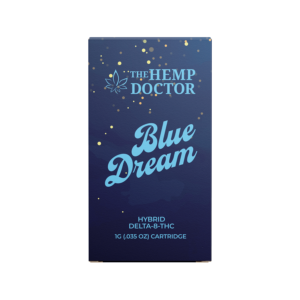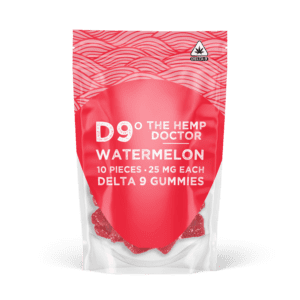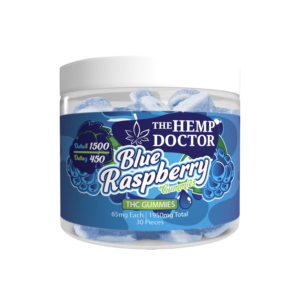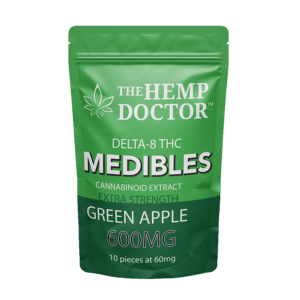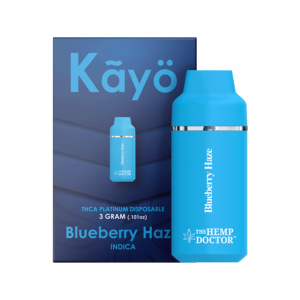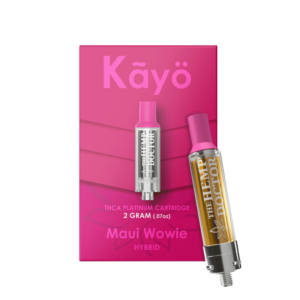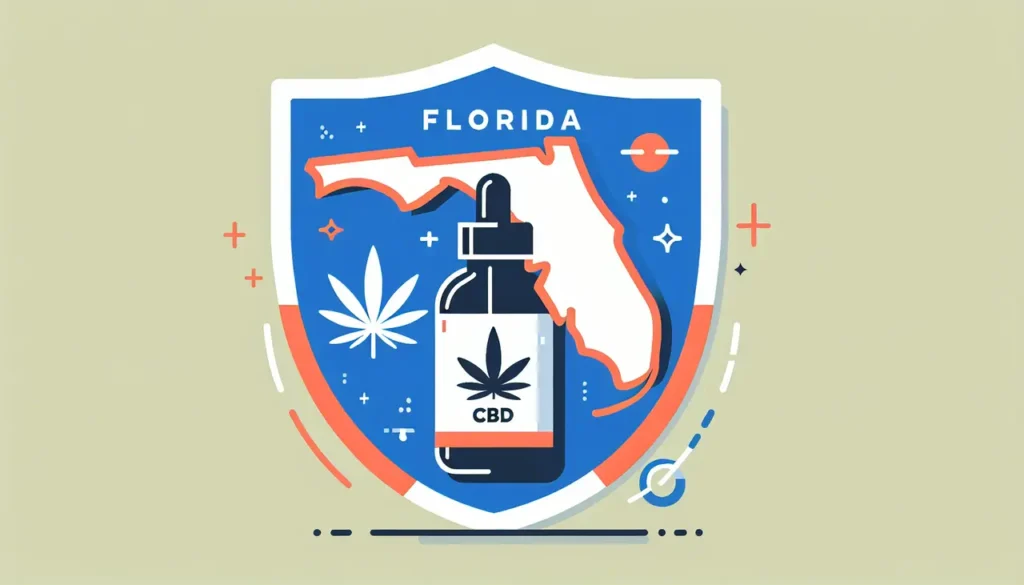
The interest in CBD and its numerous potential health benefits is on the rise, and with it comes a plethora of questions regarding its legality, especially full spectrum CBD. For those residing in Florida or considering a purchase within the state, understanding these legal nuances is crucial. In this blog, we’ll explore whether it’s legal to own full spectrum CBD in Florida and the laws surrounding it.
Understanding Full Spectrum CBD
Full spectrum CBD contains a wide range of cannabinoids, including small amounts of THC, which differentiates it from other CBD products. This unique composition is what many believe enhances its effectiveness, but it also complicates its legal status. Full spectrum products are thought to provide an ‘entourage effect,’ where the therapeutic benefits of CBD are amplified by the presence of other cannabinoids like THC. However, this presence of THC, even in minute quantities, means these products often face stricter scrutiny under the law, especially when compared to CBD isolate or broad spectrum CBD, which lack THC altogether.
The composition of full spectrum CBD can vary depending on the hemp plant source and the extraction process. It typically includes a spectrum of cannabinoids, terpenes, and flavonoids besides CBD and THC, potentially enhancing the product’s therapeutic profile. It’s this richness that drives many people to prefer it over other types of CBD. Scientific and anecdotal evidence suggests that these compounds may work together synergistically to enhance the overall effects of the product. Nonetheless, this beneficial attribute also raises questions about its legality, particularly because of the varied interpretations of THC content laws across different jurisdictions.
Florida’s CBD Laws: An Overview
The legal framework for CBD products in Florida has evolved over the years. Understanding current regulations helps ensure that users are compliant. We’ll delve into Florida’s stance on CBD, particularly focusing on what sets full spectrum products apart. Since the passage of the 2018 Farm Bill, which federally legalized hemp containing less than 0.3% THC, states like Florida have developed their own specific regulations to manage CBD’s presence within their borders. Despite the federal law, it’s crucial to follow local regulations since states retain the right to enforce stricter measures. Florida distinguishes itself by setting clear guidelines, including ensuring the presence of THC remains within the permitted limits to align with federal standards and specific state requirements. Businesses and consumers alike must stay informed about any legislative updates to avoid any legal pitfalls.
In Florida, CBD laws received a boost with the introduction of Senate Bill 1020, which legalized hemp-derived CBD as long as it contains no more than 0.3% THC. This state-specific legislation requires that any full spectrum CBD product meets stringent labeling, safety, and license requirements. The law also designates the Florida Department of Agriculture and Consumer Services as the overseeing authority to ensure that regulations are enforced properly. This involves mandating third-party lab testing of products to confirm their safety and compliance with THC limits.
An essential aspect of Florida’s CBD regulations pertains to packaging and labeling standards. Products must clearly state the THC content and include a batch number and expiration date. Additionally, they should provide a scannable barcode or link to a Certificate of Analysis by an independent lab, which affirms the product’s compliance with legal THC thresholds. These measures are designed to protect consumers, ensuring they have access to safe products that won’t disrupt their legal standing due to unauthorized THC levels. It’s part of the effort to strike a balance between offering access to CBD’s benefits and maintaining control over potential misuse or mislabeling.
State vs. Federal Laws: Where CBD Stands
Federal and state laws sometimes differ when it comes to CBD. Understanding these differences can help clarify what is permissible within Florida’s borders, particularly in relation to federal regulations. At the federal level, the 2018 Farm Bill removed hemp-derived products with less than 0.3% THC from the Schedule I Controlled Substances list. However, this presented a new arena for states to interpret and implement their own regulations on full spectrum CBD products.
In Florida, state law must be followed alongside federal guidelines. This means while federal law permits the sale of hemp-derived CBD products, Florida mandates additional safety, packaging, and labeling standards as outlined in state regulations. Thus, businesses need to navigate both sets of laws, ensuring they maintain compliance at every level. Consumers purchasing CBD must also be vigilant, confirming that products have met both state and federal criteria to avoid legal complications.
Navigating between state and federal regulations may seem daunting, but doing so is crucial for Florida residents hoping to remain compliant. Knowing where state law might extend beyond federal requirements, like in the case of third-party lab testing or specific THC thresholds, helps ensure that you can benefit from full spectrum CBD without any legal consequences. Consumers are encouraged to remain updated on any legislative changes that could alter the legal landscape quickly, safeguarding their lawful access to these CBD products.
Possession Limits and Legal Requirements
Knowing the legal limits for possessing full spectrum CBD in Florida is key for consumers. We’ll explore the specific requirements and limitations that might affect ownership. Currently, Florida does not have explicit possession limits for low THC products, such as full spectrum CBD, as long as they comply with the state’s defined standards of less than 0.3% THC. However, possessing CBD products with higher THC levels may subject individuals to the state’s marijuana possession laws, which are more stringent and come with consequences for non-compliance.
Consumers are also advised to consider additional restrictions when traveling with CBD, as state laws might vary significantly. For example, while full spectrum CBD is legal to own in Florida, carrying it across state lines might expose users to differing CBD laws in neighboring states. Verifying the legal status in both departure and destination states can help prevent any legal issues. Travelers should also keep documentation, such as third-party lab reports, on hand to verify the legality of their CBD products, particularly when these products contain trace amounts of THC.
Where to Legally Purchase Full Spectrum CBD
Finding licensed dispensaries or reliable online sources is important for ensuring product authenticity and compliance with legal standards. This section will guide you on what to look for in legal CBD purchases. In Florida, full spectrum CBD can be purchased from state-licensed dispensaries and reputable outlets that comply with state CBD requirements. Checking for a vendor’s licensing is crucial, as only those operating legally can ensure their products have undergone proper testing and labeling, adhering to state laws.
Online shopping offers convenience, where consumers can access a broader range of products with the reassurance of thorough vetting through independent laboratory testing.
When purchasing online, it’s important to verify details such as the presence of fewer than 0.3% THC, comprehensive labeling, and clear lab test results. Consumers should ensure that their source not only complies with state regulations but also provides a transparent record of their manufacturing and quality assurance processes.
Checking customer reviews and product certifications can also offer additional layers of safety and authenticity for any CBD purchase. Consumers are encouraged to conduct thorough research, ensuring that the products they obtain are both high-quality and compliant with Florida’s CBD laws. This way, individuals can confidently enjoy the full spectrum effects without worrying about any legal repercussions, thus protecting their health and legal standing.
Navigating Florida’s CBD Laws with Confidence
Understanding the legal landscape of full spectrum CBD in Florida is essential for users and potential buyers. By staying informed about the current laws and regulations, individuals can ensure they are compliant while benefiting from the potential advantages of CBD. Always consult legal sources or professionals for the most current and personalized advice.
